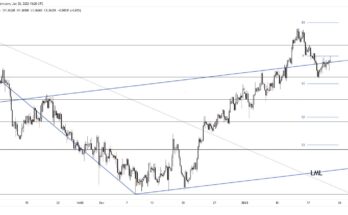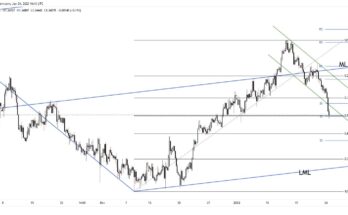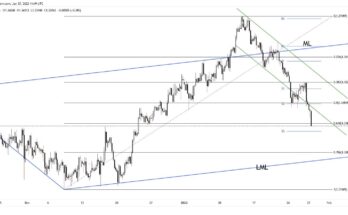The result of the TLTROs was rather disappointing as the uptake came in at the lower end of targets. The main issue with this is that the ECB’s balance sheet is more likely to contract when the earlier loans are repaid next year, so without going into the realm of purchasing sovereign debt, returning the ECB’s balance sheet to its 2012 levels is going to be very hard work. The euro reaction was quiet initially and traders didn’t know quite what to make of the €130b figure but it has only served to heighten many people’s expectations of full blown QE early next year. If there’s anything that the last few years have taught investors, it is that trying to predict what action the ECB will take is impossible and we can only go with the information and statements they give at their monetary policy meetings. At this month’s meeting the message that further stimulus measures will be taken early in 2015 was stronger than normal (“early means early†in the words of Mario Draghi).
Despite this and the dip in inflation data for Spain, France and Germany the euro has held up well as EURUSD trades above 1.2400 at the time of writing. Some dollar buyers were tempted back into the market yesterday following three consecutive days of declines in the dollar index and USDJPY managed to get back above 119.00 but is trading at 118.75 this morning. The week ends on a quiet not but we do see Eurozone unemployment data and industrial production this morning with the Michigan Consumer Sentiment data to conclude proceeding this afternoon. This data can often move the market so one to watch out for particularly since it is due to rise from 88.8 to 89.5 and could be the next trigger for dollar buying.
Further reading:
Interview with Itai Furman, Run down of TLTRO, NFP and oil – Market Movers #28
EURUSD



